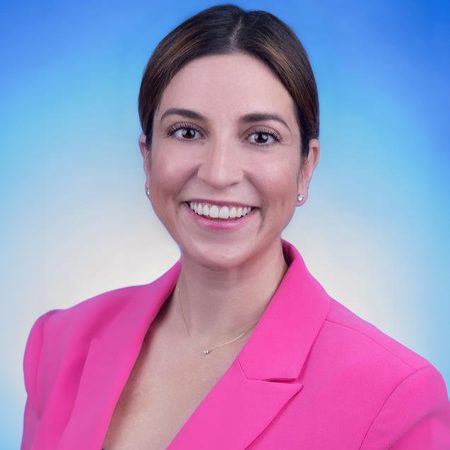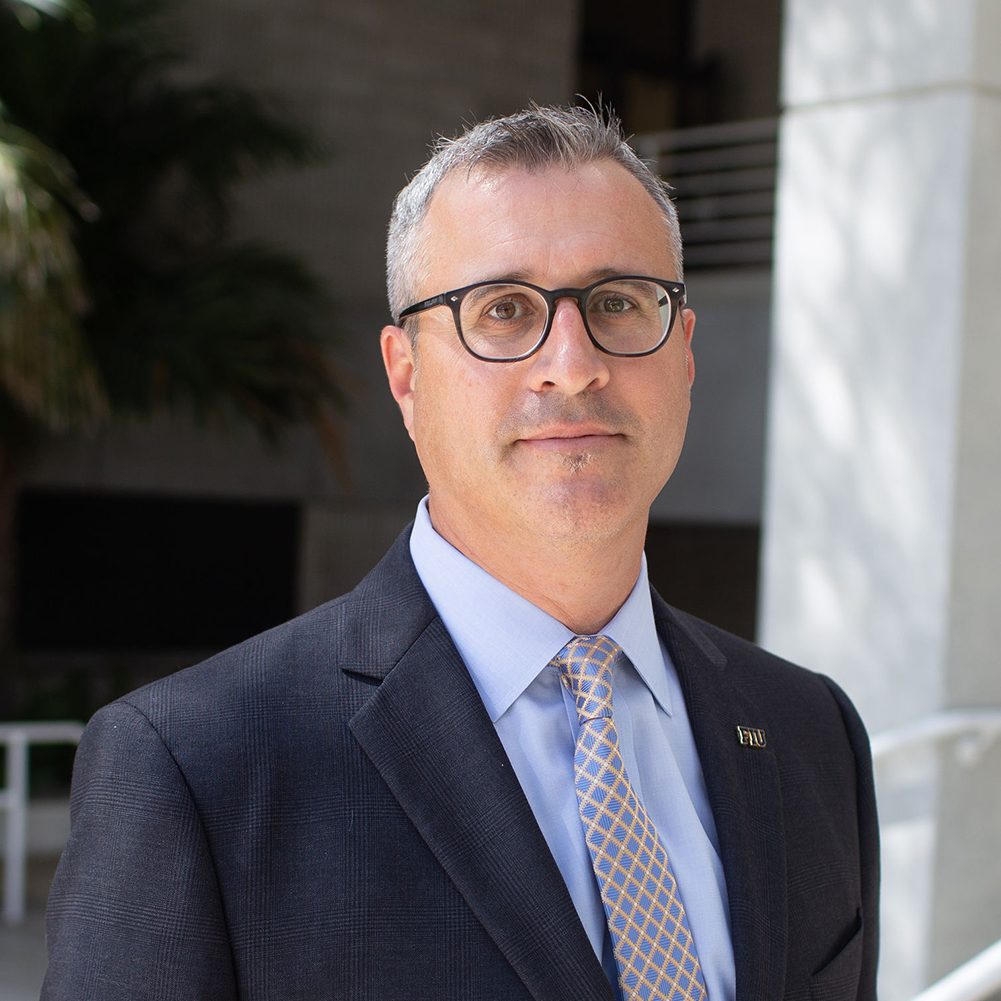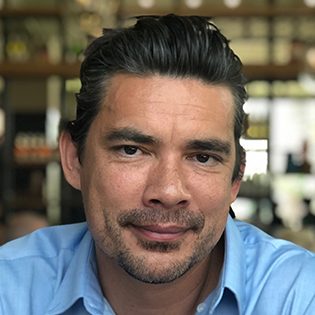South Florida’s ClimateReady Tech Hub advances solutions to the world’s changing relationship with the environment.
Led by Miami-Dade County, the ClimateReady Tech Hub was designated as a technology hub by the Department of Commerce’s Economic Development Administration (EDA) in Oct. 2023. In July 2024, the EDA awarded $19.5 million in federal funding to the ClimateReady Tech Hub for novel sustainable, durable, resilient, infrastructure, workforce development and start-up support, among other areas.
ClimateReady works with public, private, academic and philanthropic partners to commercialize and deploy climate technology. We focus on scaling climate resilient infrastructure built in South Florida.This includes both adaptation and mitigation products to withstand extreme weather events, increased flooding and wind and increased heat.

Francesca de Quesada Covey
Francesca de Quesada Covey, Miami-Dade County, is a technology and public sector leader who drives innovation to address complex societal challenges and stimulate economic growth. As Chief Innovation and Economic Development Officer for Miami-Dade County, she leads initiatives within the $12B+ government to benefit nearly 3 million residents and boost the ~$200B regional economy. She also serves as Regional Innovation Officer for South Florida’s ClimateReady Tech Hub, a U.S. Department of Commerce–funded climate-tech consortium she helped found, securing $22.5M in federal and private funding and co-founded the Miami-Dade Innovation Authority, a non-profit that fast tracks innovation to improve quality of life and accelerate venture growth. Francesca’s career spans both government and private sectors, from a strategic role in the Obama administration to leadership in business development at Meta and early-stage venture investment. She holds a B.A. from Columbia University and an M.A. from the Institut d’Études Politiques in Paris and lives in Miami-Dade with her husband and two daughters.

Dr. William Anderson, Professor
Dr. William Anderson, Professor, Florida International University. A stable isotope biogeochemist, Dr. Anderson’s research focuses on biogeochemical cycling of carbon and nitrogen in marine systems, as well as the oxygen, carbon, and nitrogen isotopic signatures in organic material. This work/approach is focused on the calibration and reconstruction of the isotopic records from terrestrial and marine archives located in the US, Europe, and South America and Asia. Present work focuses on applying new continuous flow isotope ratio mass spectrometry (CF-IRMS) methods to biogeochemical-orientated projects in the Everglades, the Keys, Florida Bay, and other subtropical locations in South America and Asia. The goal of this approach is to better understand how changes in the hydrologic cycle and environmental conditions (nutrients, pCO2, stress, etc.) affect different biogeochemical systems, which aids in improving our understanding of past and present climatic change.

Professor Andrew Baker
Professor Andrew Baker, University of Miami, is a marine biologist whose research focuses on coral reefs and climate change. He directs the Coral Reef Futures Lab at the University of Miami’s Rosenstiel School of Marine Atmospheric, and Earth Science, focusing on the development and testing of methods to increase coral reef resilience. He also leads a new Miami-based project (X-reefs) to develop next-generation hybrid reefs that combine the wave-protection benefits of artificial structures with the ecological benefits of coral reefs. The X-reefs project incorporates novel structural designs and materials, ecological engineering, and adaptive biology approaches to develop self-building and self-repairing reef structures that are resilient to climate and other disturbances. Dr. Baker is a Pew Fellow in Marine Conservation, a former Fulbright scholar, adjunct faculty member of Columbia University, Fellow of the Explorers Club, and Inventor-in-Residence at the Frost Museum of Science in Miami. He recently served on the National Academy of Sciences Committee on Interventions to Increase the Persistence and Resilience of Coral Reefs. Prof. Baker has an undergraduate degree from Cambridge University and a Ph.D. from the University of Miami.